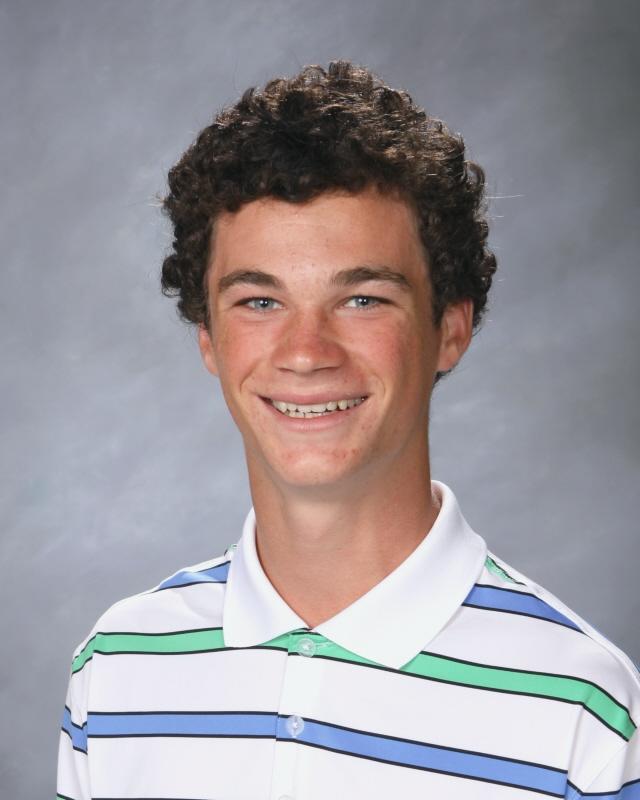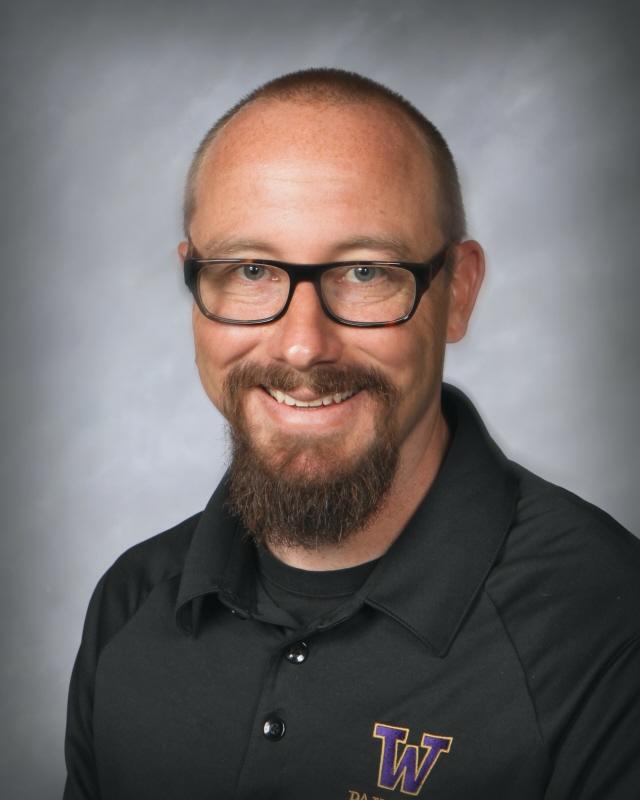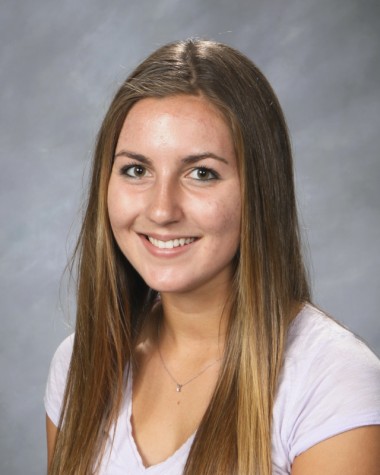Required reading: The student perspective
Through out every grade in high school, students have to trudge through a grueling English class with piles, upon piles, of homework and months of sleep deprivation. But amidst all of the essays and letters that they have to write, students find some release in the many forms of literature that they read, and actually come out of their English class with some great life lessons through the reading choices available.
During freshman year, students are introduced to a full complement of classic novels including books such as The Iliad, The Odyssey, and Great Expectations. The latter, a novel by Charles Dickens, is probably one of the major works read in that year. Taking place in early Victorian England, it is a bildungsroman, or a coming-of-age novel, where Dickens takes us through the struggles and difficulties of climbing the social ladder. The lead character, Pip, a young orphan, is subject to these struggles, many of which are internal. In the end, through Pip’s great ambition and desire for self improvement, we learn that love, loyalty, and conscience are more important than one’s own great expectations for personal betterment.

“I’m not a huge reader myself, and Great Expectations was definitely not my favorite book,” sophomore Matthew Springer said. “It was kind of difficult to understand, but I could kind of comprehend it after we talked about the book in class. I felt like it wasn’t gripping and didn’t have much action — it was just a story of everyday life. I didn’t really connect with the book, as I think that the themes that it had such as honor and climbing the social ladder doesn’t exist anymore, and life is more about being yourself.”
In their sophomore year, students read yet another Charles Dickens novel, this time set during the French Revolution. A Tale of Two Cities is set in both London and France, hence the two cities in the name, and is a romantic story of the events leading up to the French Revolution, depicting the strained relationship between the French peasantry and French aristocracy. The novel follows the paths of several characters and their lives through this trying time, such as perfect young Lucie Manette to the vengeful Madame Defarge. It also show the parallels of the two cities through the unjust and brutalization of the poor, and a lack of social justice. Readers learn to adjust their minds and take a clearer point of view, realizing that love is more powerful than hate in extreme situations, and sometimes there is a necessity to sacrifice so that one may be resurrected into a happier and more moral state.
“The book was really hard to get into and it was really detailed — almost unnecessary details,” sophomore Alyssa Riker said. “My favorite character was probably the Marquis, because he was mean.”

“A Tale of Two Cities is a challenging but rewarding read,” said English teacher Jake St. John, who reads this novel with his sophomore pre-AP English class. “I admit, I hated it the first time I read it, but after teaching it a few times, I’ve found I really like how Dickens utilizes the language and constructs the plot. His stock characters ooze sentimentality and hilariousness in a middle school drama kind of way.”
During the third year in high school, students begin to diversify their class choices as they begin to track towards those who want to emphasize English, and those who are less intent on continuing higher level English classes.
Though there are a few books that all the English classes get to read, such as The Adventures of Huckleberry Finn by Mark Twain. This book is often recognized as one of the great American novels, and it explores the notions of race and identity while comparing and correlating the black and white cultures of the United States. Set in the fictional town of St. Petersburg, which lies on the banks of the Mississippi River, this book takes us along the path of the adventures of Huckleberry Finn (or Huck), and Jim, a black, mild-mannered slave. By the closure of the novel the readers understand that, even though it seems that the characters are nice people, rather than maintain collective welfare, society (as Twain portrays it) instead is marked by cowardice, a lack of logic, and profound selfishness.

“Many critics argue that Adventures of Huckleberry Finn is THE great American novel,” St. John said. “I think that’s probably true. Twain’s characters, Jim and Huck, are the best duo in literature, and his critique of American/Christian hypocrisy is spot on. If he were alive today, I’d love to see what he’d have to say about our country’s current state of affairs.”
“I think that the themes in Adventures of Huckleberry Finn are really continuous to themes of today — there was a lot about racial discrimination,” junior Gavin Travis said, “It took place after slavery was abolished, and travels through all the problems that society has after that, highlighting the fact that we are all people no matter how different we look. I think that it’s really well written and holds true even today — it’s a classic.”
For the ultimate year, students still have many different options of classes, but one would bet that in almost every one of those classes, there has to be at least one Shakespeare play. In previous years, students read Romeo and Juliet, and also Julius Caesar.

During senior year, however, students read one great tragedy, Othello. With varied themes of racism, attraction, jealousy, betrayal, revenge and regret, the story revolves around Othello, a Moorish general; his revered wife, Desdemona; his faithful lieutenant, Cassio; and his trusted yet adulterous ensign, Iago. One learns a lot through Othello’s experiences, and hopefully will be able to take that new knowledge to avoid murdering their innocent wife.
“Othello had an interesting topic for a piece of literature that was written so long ago because it is about race,” senior Kate Thies said. “It was very interesting and had many twists and surprises. I don’t usually like reading older books but out of those I’ve read in class it was pretty good.”



